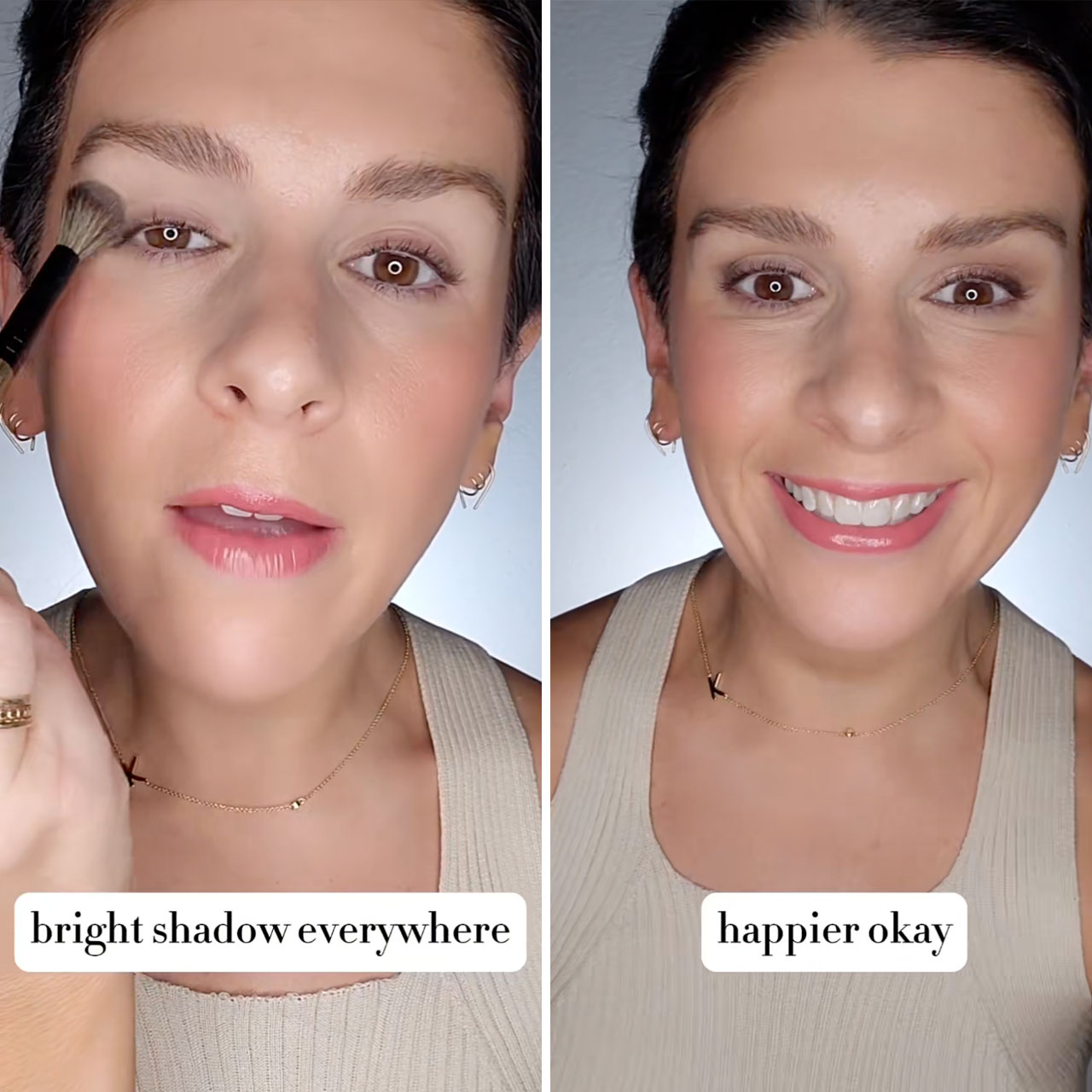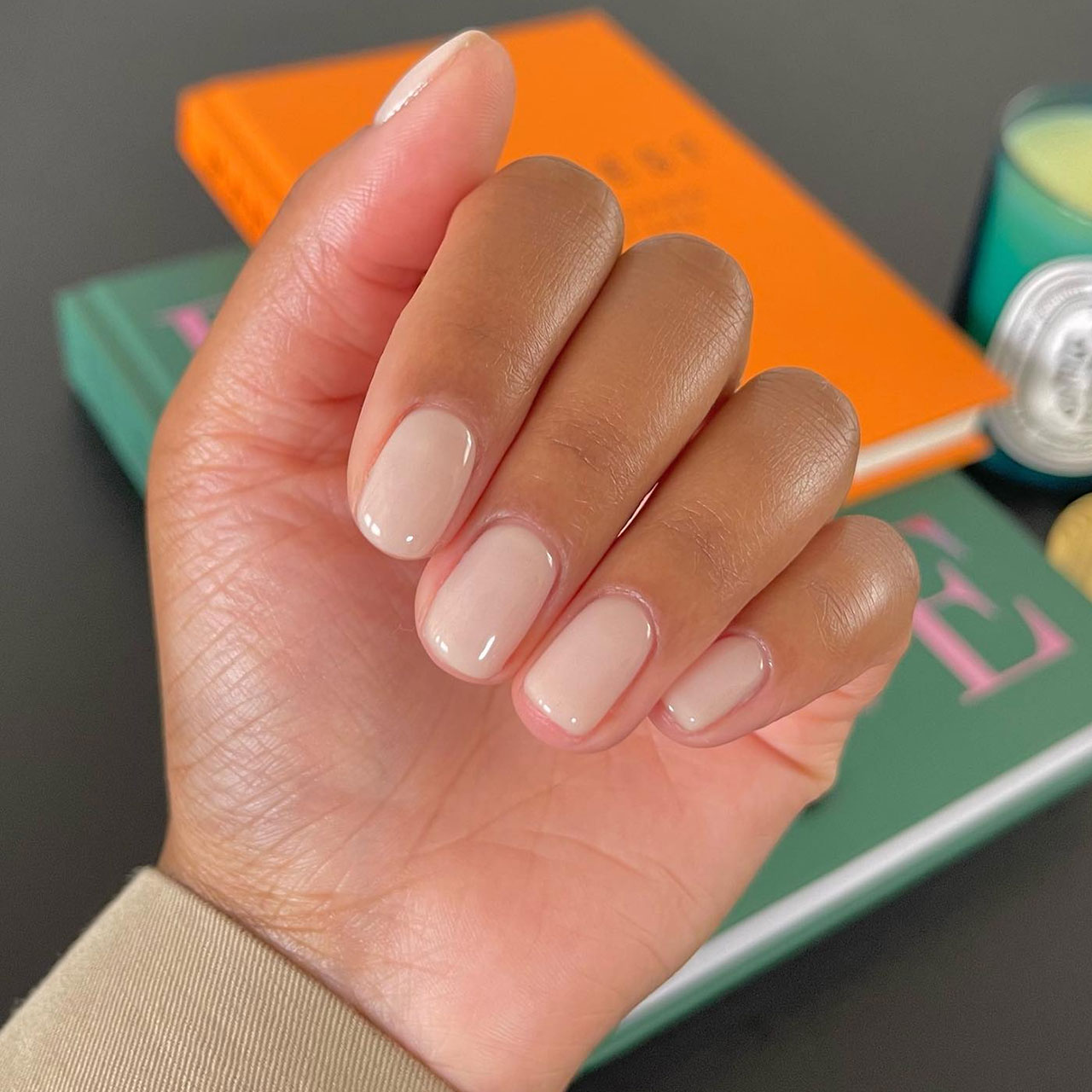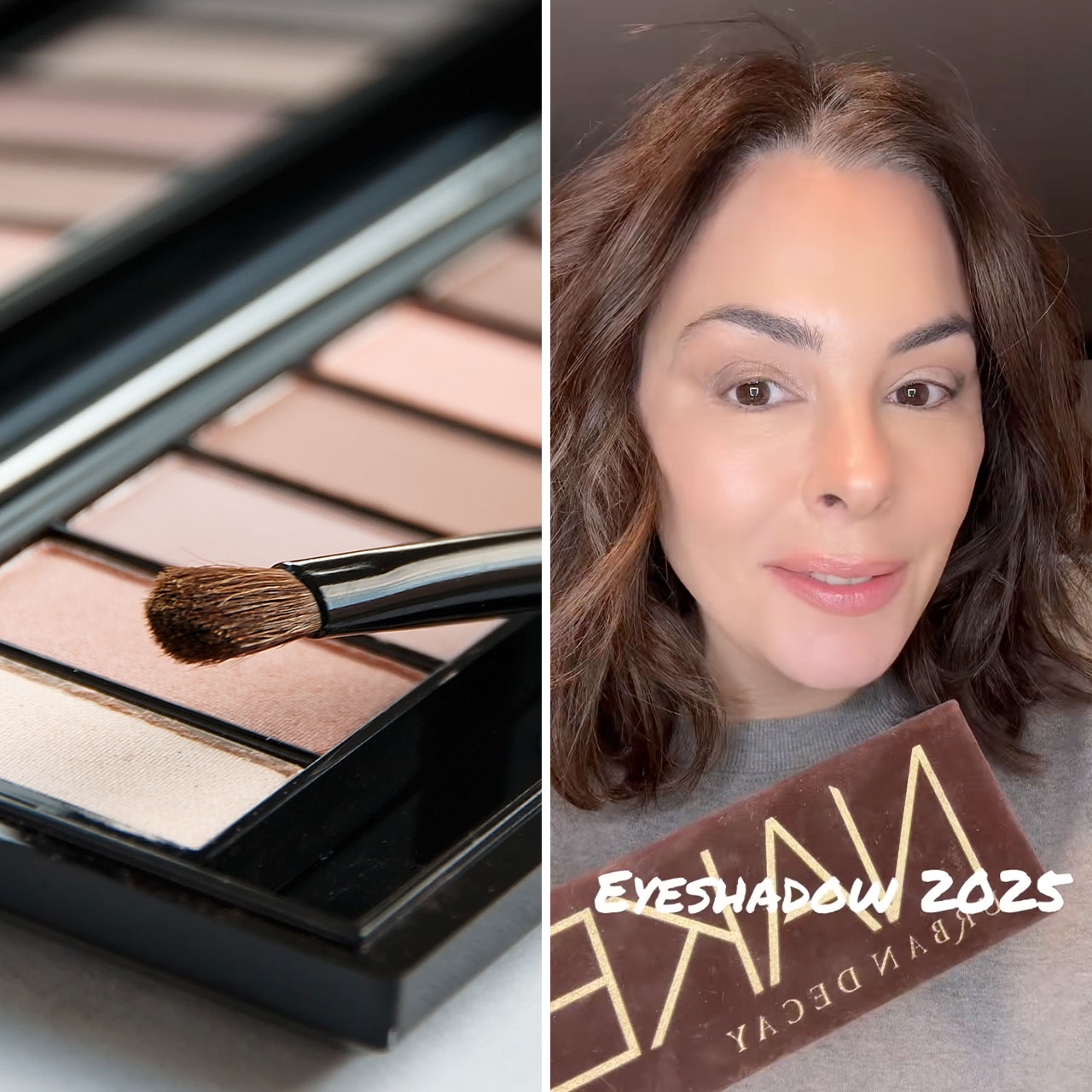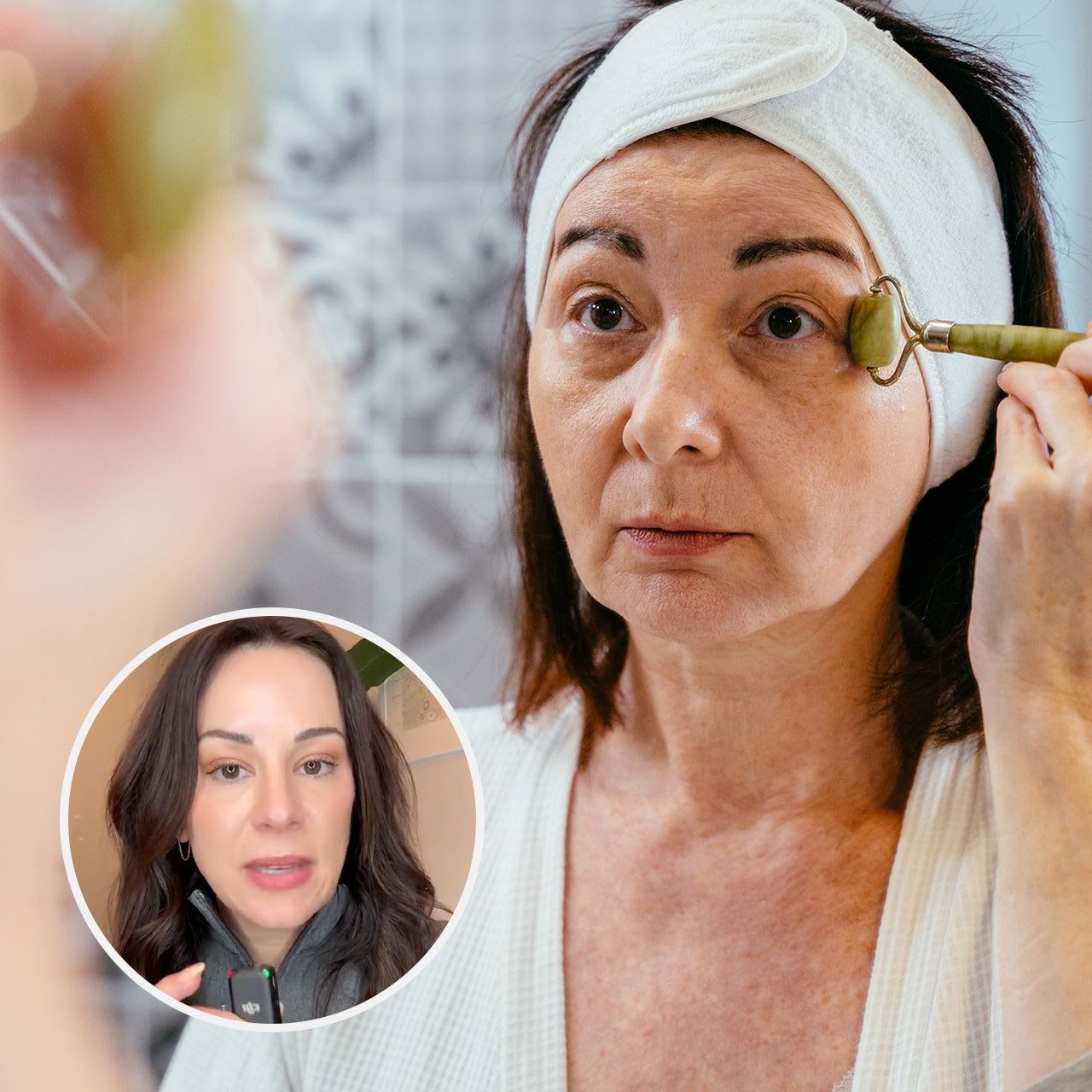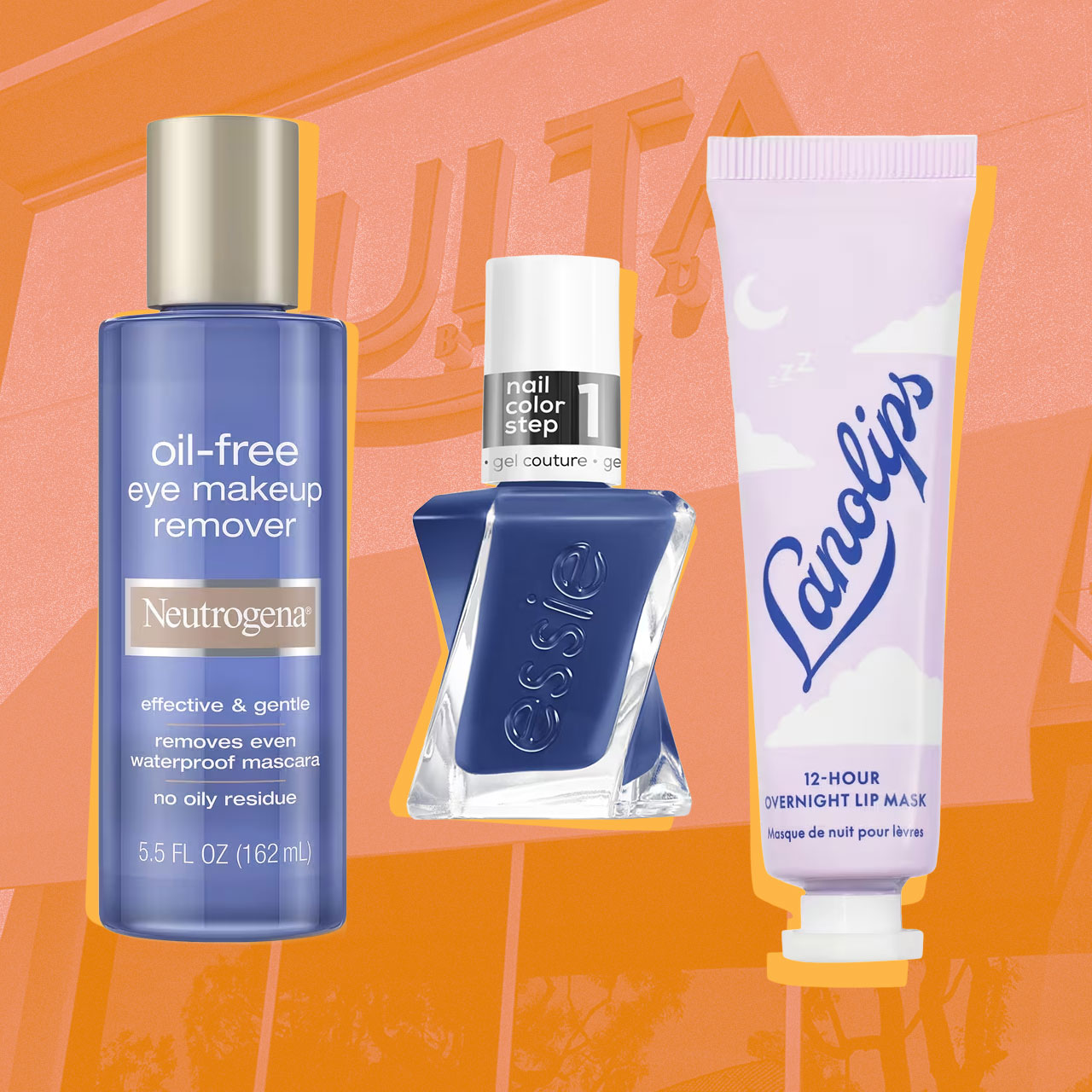Even if you have your skincare routine down to an exact science, there’s a bit of bad news: you may need to change a few things up when the weather turns cold. Don’t worry: the basics can remain (cleaner, toner, serums, and moisturizer). But the types of products you use and how often you use them is something to consider during the winter. Winter skin needs moisture and protection — and avoiding these winter skincare mistakes that can lead to dryness and wrinkles is a smart first step.
Not Exfoliating
People often feel very dry in the winter and use creams and lotions; yet, their skin still feels dry, says Elina Fedotova, the founder and chief formulator for Elina Organics. “Their skin still feels dry because, in the cold season, our skin produces an over-accumulation of dead skin cells on the skin’s surface,” Fedotova said. “It is essential to exfoliate more in the winter to remove the excess layer of dead skin cells before applying your cream and lotion.”
Using The Wrong Moisturizer And Mists
Moisturizers are an important skincare step, whether it’s sunny and warm and freezing cold. But the type of moisturizer you use may need to change with the seasons. “People should only use skin mists and water-based serums right before they go outside in windy, cold weather if they seal their skin with a heavier cream or lotion on top that contains butters and oils,” Fedotova said. “The cream will help seal the skin’s moisture and protect it from windburn. Similar to walking outside in the winter with wet hands, the mists could freeze on your pores, over dry and damage your skin. Ingredients in creams that help to protect your skin from winter damage are vegetable glycerin, shea butter, cocoa butter, avocado oil, and other vegetable oils.”
There is an exception to this rule — people with oily/acne-prone complexion should avoid heavy oils and rich emollience in the skin in the winter. “Those with this complexion already have enough oil on their skin to naturally protect them in the winter,” Fedotova said. “All complexion types should not use water-based mists and serums before they go outside in the winter. If you use a water-based mist or lotion, make sure that it is completely absorbed in your skin and pat dry before going outside to avoid it freezing on the surface of your skin.”
Not Wearing Sunscreen
“Winter is the best time to enjoy more deeply exfoliating skincare procedures like peels and resurfacing treatments,” Fedotova said. “Many people use more intense skincare products in the winter, like ones with alpha hydroxy acids, which exfoliate the skin. After exfoliating procedures, we must protect the skin from hyperpigmentation and sun damage. People need to realize that in the winter, especially on a very snowy day or in the mountains with a higher elevation, solar rays reflect from the snow and intensify sun exposure. So, even on a cold winter day, you still have to remember to use sunblock.”
In addition to sunblock, protecting deeply exfoliated skin from freezing temperatures is essential, Fedotova added. “Being a holistic formulator, my favorite product for protection is a natural zinc oxide-based sunscreen containing shea butter or other emollients like plant oils or vegetable glycerin,” Fedotova said. “They will protect the skin from freeze and UV exposure at the same time. It could even be a zinc-based tinted moisturizing product that works as a natural sunscreen and makeup, protecting you from windburn and damage caused by harsh winds and freezing temperatures.”
Bathing In Too-Hot Water For Too Long
It feels so nice to get out of the cold and into a hot bath — but staying there for too long isn’t great for your skin. “Hot baths can cause dryness and promote water loss from our skin,” said Dr. Patricia Gaile Espinosa, a dermatologist at MyPsoriasisteam.com. “Avoid baths that are too hot. Use lukewarm water for bathing to prevent dryness of the skin. Always use moisturizers after bathing to lock in moisture and for better absorption of the products. You may also apply moisturizer after handwashing.”
Over-Using Retinol & Acne Medications
“With the cold winter months, our skin demands adjustments to make sure we property protect and take care of it,” said Dr. Kseniya Kobets, director of cosmetic dermatology at Montefiore Einstein Advanced Care. “This is especially true for someone with sensitive skin like rosacea, eczema, and atopic dermatitis and especially if they use products for acne and rejuvenation that can irritate or dry out their skin.”
While Dr. Kobets noted you can continue using topical retinoids like adapalene, tretinoin and tazarotene for acne and wrinkles (over the counter or prescription), she recommends that her patients decrease the frequency of the application to one to three times a week. “Even acne prone patients who usually have oily or combination skin can be affected by the cold winter months, and I also recommend addition of hydrating cleanser with ceramides to the skincare regimen,” Dr. Kobets said. “For example, you can continue facial cleansers that contain salicylic acid or benzoyl peroxide that work on acne but may want to decrease frequency to only once a day (like in the morning) or even every other day, while adding a hydrating cleanser in the evenings (some of my favorite brands that offer hydrating cleansers that contain ceramides are CeraVe and LaRoche Posay). Adding a topical moisturizer like lotion or cream that contains ceramides (like CeraVe cream, or La Roche Posay Toleriane or Cicaplast cream) is also a good idea, as it maintains the skin barrier that is extra important to do during the winter.”
Making a few adjustments to your skincare routine so that you’re winter-ready is the best way to ensure your skin stays hydrated, healthy, and glowing from December until April.



